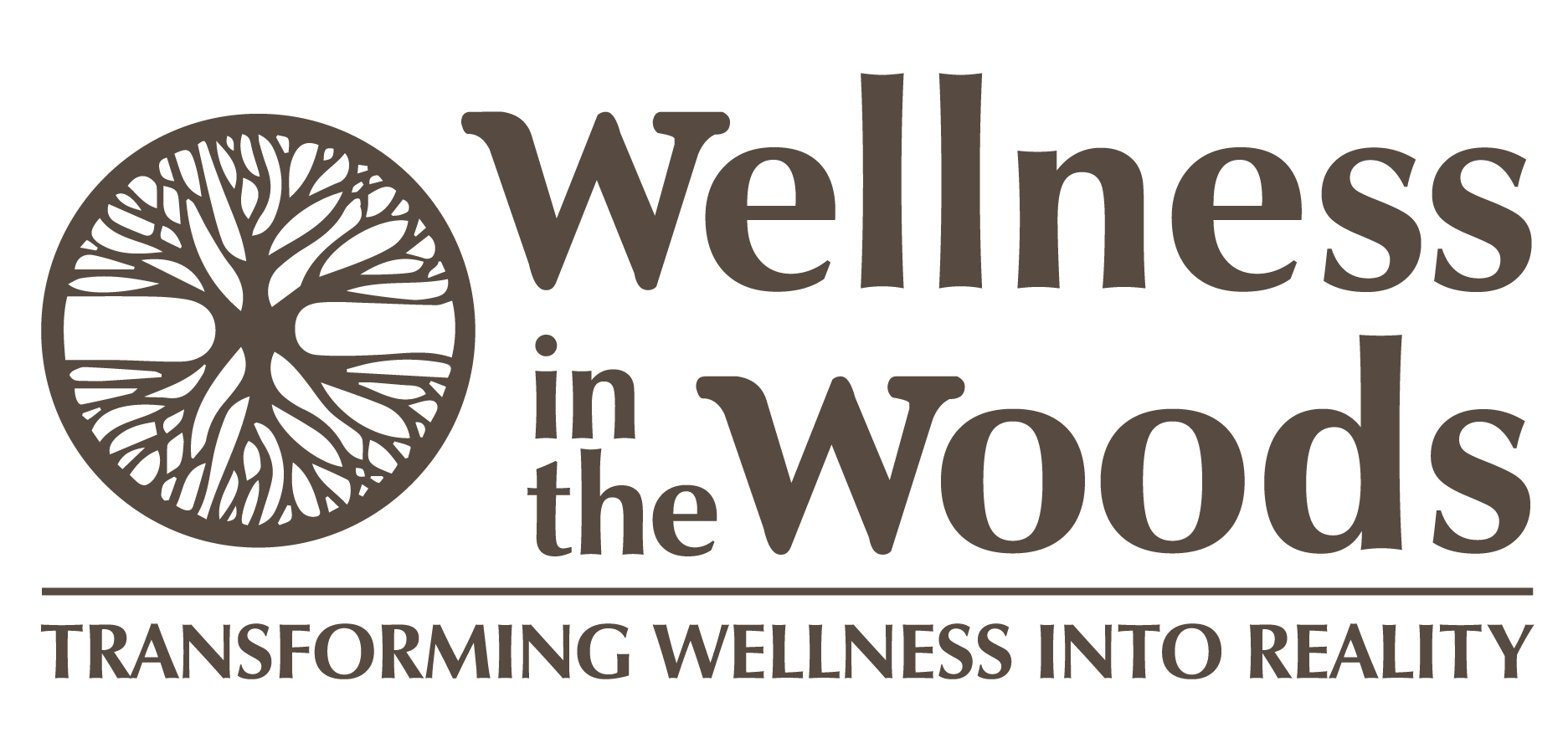Peer to Peer Services are a part of the Recovery Process
Research shows that peer to peer services are an important complement to clinical care for people who experience mental illness challenges or substance use issues. Peer to peer services mean individuals who have a lived experience of dealing with mental health or substance use work with others who are currently dealing with these challenges.
According to studies reviewed by Nicola Davies, PhD in Psychiatry Advisor, “Systematic reviews have confirmed that, while peer support and clinical practice typically perform fairly equally on traditional outcome measures like rehospitalization and relapse, peer support scores better in areas related to the recovery process. In particular, peer support tends to offer greater levels of self‐efficacy, empowerment, and engagement.” This makes peer to peer services an essential part of a recovery process.
In particular, individuals like the sense of connection they receive when working with peers. Having someone to talk to who has a similar experience provides an opportunity for the individual to share their own personal story comfortably. This builds a sense of community belonging and increased levels of hope.
Peer to peer groups also help diminish the stigma surrounding mental illnesses. Professionals can fail to understand what a person experiencing a mental health event is going through, but peers not only understand they can speak to the individual from a place of empathy and shared experience. This reduces the feeling of being different and provides a model for working through the crisis. Peers can provide information for individuals on how to help themselves heal. In this way peer to peer interactions are about personal empowerment, rather than treatment.
In today’s world, where individuals are plagued by aloneness, peer to peer services not only complement but add a necessary element to providing people with mental health services. When the therapy is done, when the person doesn’t have money for therapy or when it is the middle of the night, peers are there to help others.
Source: Exploring the Value of Peer Support for Mental Health - Psychiatry Advisor
